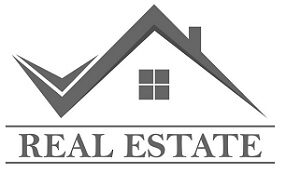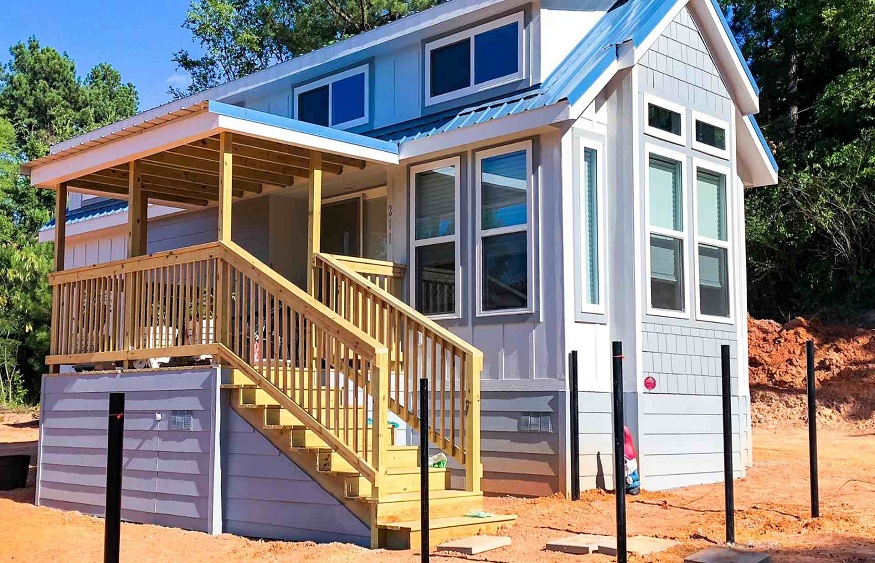Buying a home in Hove is an exciting venture, but it can also be overwhelming, especially when it comes to navigating the mortgage process. Securing the right mortgage is crucial to ensure that you are making a sound financial decision. Therefore, consulting with a knowledgeable mortgage advisor in Hove is essential. By asking the right questions, you can gain valuable insights and guidance, ensuring that you make informed decisions about your home-buying journey. Whether you are a first-time buyer or looking to remortgage, understanding the mortgage landscape in Hove is key to a successful purchase.
Understanding Mortgage Basics
What types of mortgages are available?
When considering a mortgage in Hove, it’s essential to understand the various types available. Generally, there are fixed-rate mortgages, which maintain the same interest rate throughout the loan term, providing stability in monthly payments. Conversely, variable or adjustable-rate mortgages have interest rates that can fluctuate based on market conditions, potentially impacting your budget. Additionally, there are options such as interest-only mortgages and offset mortgages, each catering to different financial strategies and goals.
How is the interest rate determined?
The interest rate on your mortgage is influenced by several factors. Primarily, these include the Bank of England’s base rate, which is the benchmark for lenders. Lenders will then consider additional criteria, such as inflation rates, economic trends, and supply and demand in the housing market. Your personal financial profile, including credit score and loan amount, also plays a critical role in determining the final interest rate offered.
What are the terms and conditions of the mortgage?
Each mortgage agreement will include specific terms and conditions you need to understand before committing. These include the length of the term, typically ranging from 15 to 30 years, and prepayment penalties, which may apply if you pay off the mortgage earlier than scheduled. It’s important to review the conditions related to repayment flexibility, fees, and potential consequences of late payments.
Assessing Your Financial Situation
How much can I afford to borrow?
To determine how much you can afford, you must evaluate your current financial status, including your income, savings, and monthly expenses. Lenders typically use the Debt-to-Income (DTI) ratio to assess your borrowing capacity. By calculating your DTI, you’ll have a clearer picture of the loan amount you can comfortably manage without compromising your financial stability.
What are the upfront costs associated with the mortgage?
When applying for a mortgage, anticipate several upfront costs. These may include a deposit, which is typically a percentage of the property’s price, mortgage arrangement fees, valuation fees, and legal fees. Additionally, you may encounter costs such as stamp duty or land tax, depending on the property’s value. Understanding these fees helps you plan your budget effectively.
How will my credit score affect my mortgage options?
Your credit score is a crucial factor in determining your mortgage options. It reflects your creditworthiness, indicating how likely you are to repay the loan. A higher credit score typically results in better interest rates and more favourable terms. Conversely, a lower score might limit your options or lead to higher rates. It’s advisable to review your credit report and address any inaccuracies or outstanding issues to improve your score before applying.
Exploring Mortgage Flexibility
Are there options for overpayments?
When considering a mortgage, it’s important to understand if you have the flexibility to make overpayments. Overpayments are additional payments that can help you reduce the principal amount faster. This can lead to saving on interest and shortening the mortgage term. Ask your mortgage advisor whether your lender allows overpayments and if so, how much extra can you pay annually without incurring penalties. Some mortgages limit these to a certain percentage of the outstanding loan per year.
Can I switch mortgage types in the future?
Circumstances can change, and the mortgage that suits you today might not be ideal in a few years. You should find out if it’s possible to switch mortgage types partway through your borrowing term. This flexibility can prove beneficial if you want to move from a fixed-rate to a variable-rate mortgage, or vice versa, to tailor your payments to changing financial situations or market conditions.
What are the penalties for early repayment?
Early repayment might be a consideration if you receive a windfall or if your financial situation improves. It’s essential to ask your advisor about any penalties associated with paying off your mortgage early. Some lenders impose steep charges if you repay the loan before the agreed end of the term. Understanding these penalties upfront helps you make informed decisions in managing your mortgage.
Evaluating Additional Costs and Risks
What fees should I be aware of?
A mortgage isn’t just about repaying the borrowed capital and interest; there are additional fees to consider. Common fees include arrangement fees, valuation fees, and legal fees. Ask your mortgage advisor for a detailed breakdown of all potential costs, ensuring there are no surprises in the process. Knowing all the fees in advance allows you to budget effectively and compare different lenders.
Are there costs associated with payment protection insurance?
Payment protection insurance (PPI) can provide peace of mind by covering your mortgage payments if you’re unable to work due to illness or unemployment. However, this insurance does come at a cost. Enquire about how much PPI would add to your monthly payments and whether it’s mandatory or optional. Knowing these details enables you to weigh up the additional expense against the potential benefits.
What risks are involved with my chosen mortgage type?
Each mortgage type comes with its own set of risks. For instance, if you choose a variable-rate mortgage, your monthly payments could increase if interest rates rise. Fixed-rate mortgages, while offering stability, might prevent you from benefitting from a drop in interest rates. Discuss these risks in detail with your advisor to understand how different mortgage types align with your financial situation and future plans. This will equip you to make informed choices that cater to your long-term financial well-being.
Conclusion
Securing the right mortgage is a crucial step in the home-buying process, especially in a vibrant area like Hove. By asking your mortgage advisor the right questions, you ensure you are well-informed and confident in your decisions. Remember to discuss interest rates, repayment options, and potential hidden fees. Also, clarify any concerns about the different types of mortgages available. Being proactive in your discussions will give you the edge you need to make the best financial choices.




